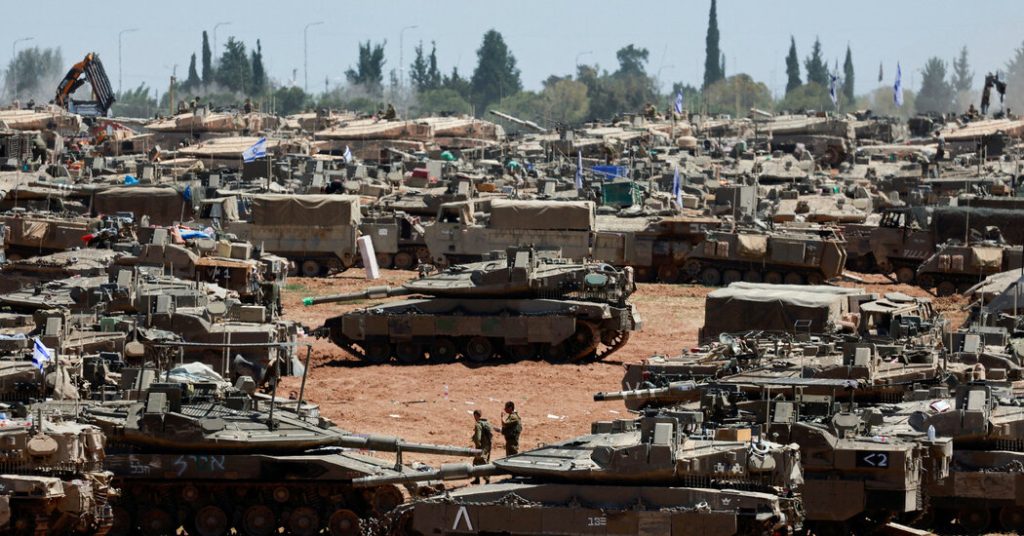President Biden’s decision to halt the delivery of 3,500 bombs to Israel was a dramatic move to convey his discontent with Israel’s plans to invade Rafah, a Gaza city with many Palestinian refugees. This pause represents a significant turning point in the U.S.-Israel relationship, which has been historically close when it comes to security partnerships. While most other weapons deliveries to Israel are still going ahead, the hold on the bombs sends a powerful signal that Biden’s support has limits.
The dispute between the U.S. and Israel has been escalating, with the U.S. opposing Israel’s plans to invade Rafah while Israel maintains that it needs to destroy Hamas perpetrators in the city. The Biden administration’s hope is that by pausing the bomb delivery, Israel will reconsider its plans to invade Rafah, which could result in civilian casualties caused by American bombs. If Israel proceeds with the operation despite U.S. objections, it could strain the relationship further and lead to more significant consequences.
The relationship between the U.S. and Israel has had its share of stress and disagreements in the past. While the U.S. has provided substantial military aid to Israel since its founding, past presidents have also held back aid to express displeasure or influence Israeli policy decisions. Biden’s decision to delay the bomb shipment has drawn criticism from Republicans who argue that Israel should receive the support it needs to fight its wars. However, Democrats and progressives have been pushing for limits on arms sales to Israel to curb the violence in Gaza.
The hold on the bomb shipment has sparked concern in Israel, where people are questioning how limiting access to weaponry could embolden Hamas while Biden has pledged unwavering support for Israel’s security. The decision to pause the bombs includes both 2,000-pound and 500-pound munitions, with a decision still pending on Joint Direct Attack Munition guidance kits that convert dumb bombs into precision-guided weapons. While the U.S. remains committed to providing all authorized aid to Israel, the future of the U.S.-Israel relationship hinges on how both leaders navigate the current standoff.
The Biden administration’s move is seen as a way to exert leverage over Israeli Prime Minister Benjamin Netanyahu and his war cabinet. The administration’s hope is that this pause will prompt Israel to reconsider its plans for Rafah and potentially avoid a more serious rupture in the relationship. The decision to halt the bombs has been met with both criticism and support, highlighting the complexities of managing the U.S.-Israel relationship amidst escalating tensions in the region. The outcome of this situation could have long-lasting implications for the security partnership between the two countries.














